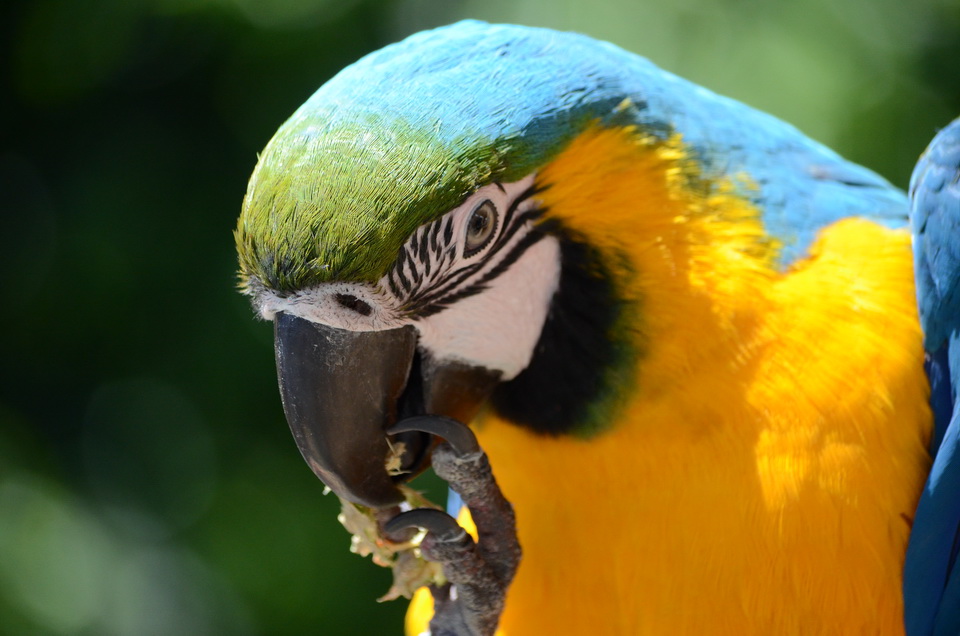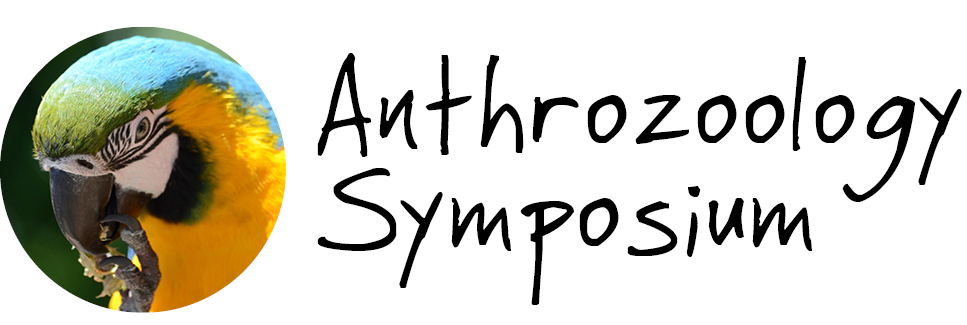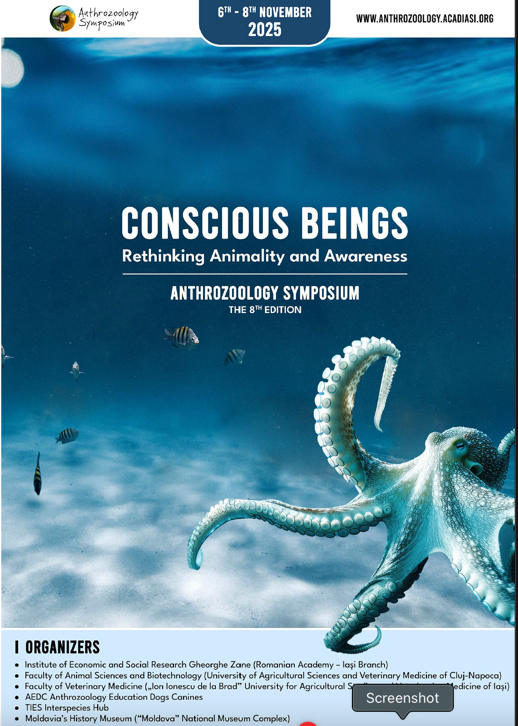
Rethinking our relationship with animals, and the ways this is possible and allowed (to treat them) as well, morally speaking, is an issue that concerns us more and more. The way we understand animals exerts a direct influence on how we refer to them and use them, too. For this reason, this grows into a high-stakes issue. We are afraid of the things we should renounce, provided that we choose to reassess the place occupied by the non-human beings in the known accepted order of this world. The old paradigm where they were “simply animals” is at risk of falling apart when faced with the new questions raised by human dominance over nature, and which are the real differences, and under which context they should be considered.
Despite our efforts to define the specific nature of human being, the “animal” term comprises humans as well. Thus, the animals that are different from us are known as non-human animals. Therefore, if we try thinking beyond the human-animal dichotomy, we understand that all attempts to classify living beings are liable to subjectivity. Not only should we not overlook the fact that the division into genres, species, breeds, or types is meant to play the role of an instrument for a better comprehension of nature, but also it is the very one that establishes the ways of assessment and ranking.
Coordinators
- Irina Frasin
- George Bodi
- Codrin Dinu Vasiliu
Organizers
- Alina Simona Rusu
- Marco Adda
- Cătălina Daniela Răducu
- Aurora Hrițuleac
- Lavinia Andreea Bejan
- Liviu Măgurianu
- Luminița Iuliana Ailincăi
- Andra-Sabina Neculai-Văleanu
- Ionuț Alexandru Bârliba
- Luminița Bejenaru
- Ioan Sebastian Brumă
Anthrozoology Symposium, Eighth Edition
Conscious Beings:
Rethinking Animality and Awareness
Video presentations
Symposium Testiomonials
Help us filling this form
Symposium Topics :
- Ideas, concepts, and beliefs about animals;
- Theories about the differences and distance between humans and animals;
- Animal rights and human responsibilities;
- Species extinction and human responsibility;
- Animals in literature, mythology, art, and folklore;
- Animal psychology;
- Cognitive ethology;
- Mental models and economic value in human-animal interactions from a historic perspective;
- Animal protection movement and the laws that support it;

